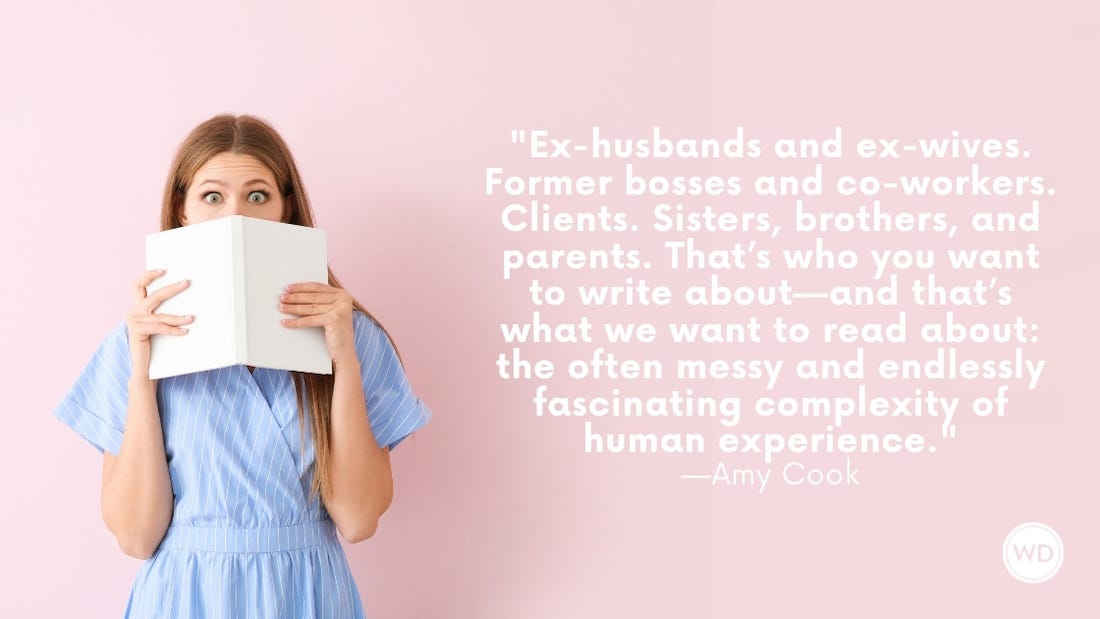Does Self-Publishing Wreck Poetry Careers?
Received this question via e-mail from poet Liesl Garner: “Last year I performed a poetry show at our local Fringe Festival. I got wonderful reviews, and I am performing a…
Received this question via e-mail from poet Liesl Garner:
"Last year I performed a poetry show at our local Fringe Festival. I got wonderful reviews, and I am performing a Repeat Performance in October of this year. The Fringe Festival is every Spring, and I plan to participate each year. After my first show, I was asked if I had my poetry printed in a chapbook for sale. I didn't, but for the Repeat Performance I want to have that available for audience members. I'm actually thinking of doing a chapbook for each year's performance. Is it bad for my hopes and dreams of someday becoming a published poet to be doing my own publishing of chapbooks?
"Currently, I just don't have the time to be submitting with the numbers I would have to in order to get noticed by a publisher. However, on my local scene, I have a large fan base that wants to see my work in print.
"Thanks, Liesl Garner"
Before I get into my ramble, you should probably read Nancy's Published Is Published post about what self-publishing will do to those poems that are self-published in the eyes of editors. Then, come back here to read what I have to say.
(Tapping on desk as Liesl reads Nancy's post. Ba-ba-ba. Humming to self.)
Back?
Okay then.
So you now know that self-publishing any of your poems will have editors considering those specific poems already published, right? That doesn't mean your career is over, it just means these specific poems are now only available as reprints. This fact can hurt when submitting to poetry journals and magazines or even chapbook contests. But the publication of some of your poems does not affect what you do with other poems that are not self-published.
If you decide that for the current crop of poems you wish to self-publish that it is okay if they risk being only available in your self-published chapbook format, then you should go for it. More and more poets are doing this. However, if you wish to see any of these specific poems in some journal or future chapbook competition winning collection, you may not want to include in your self-publishing effort.
As far as actually self-publishing, I advise you to either go with a local printer that you can work with directly--or there are some online POD companies that allow you to print and publish only one book at a time, which dramatically lowers the investment you have to make in your self-publishing venture. I'm sure some very nice poets (hint, hint) could even give suggestions in the blog comments below. Even if not, that's why God created Google; just type "POD Publishers" into Google, and you will receive plenty of online resources of how and who to proceed with.
On another note, there's no shame in self-publishing. Through the ages, poets have been especially prone to self-publication. And that trend only seems to be expanding even more with online and POD technologies now available to poets.
Just remember: Self-publishing does equal publishing. So those specific poems that are self-published could pay the price with publishers in the short term. Of course, most poets would agree that you're not risking much financially by self-publishing over traditional publication. For many, the main goal is to just reach an engaged audience.
Best,
Robert









